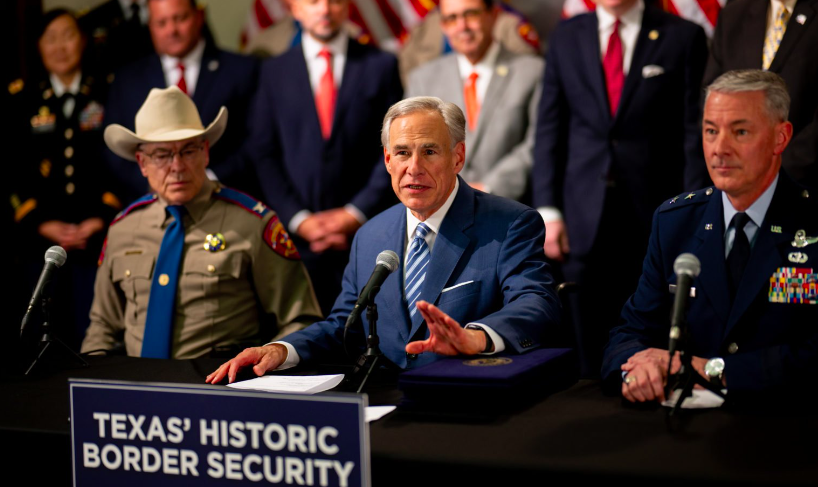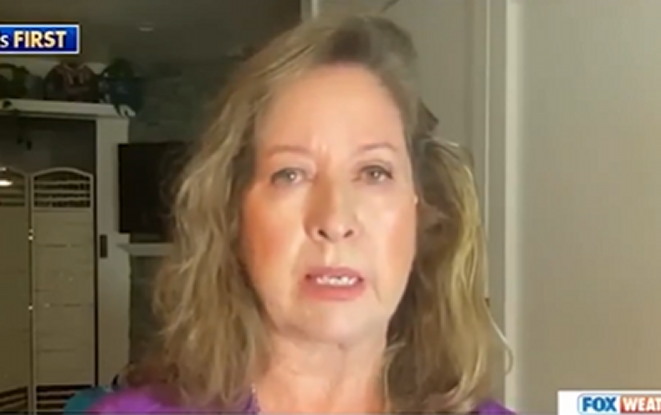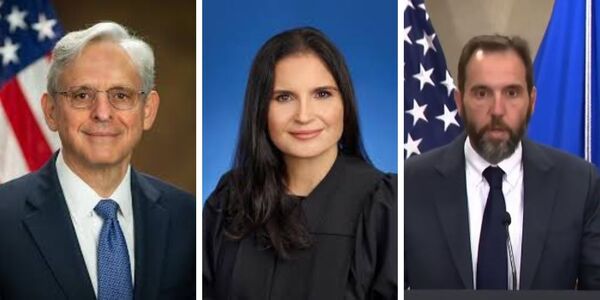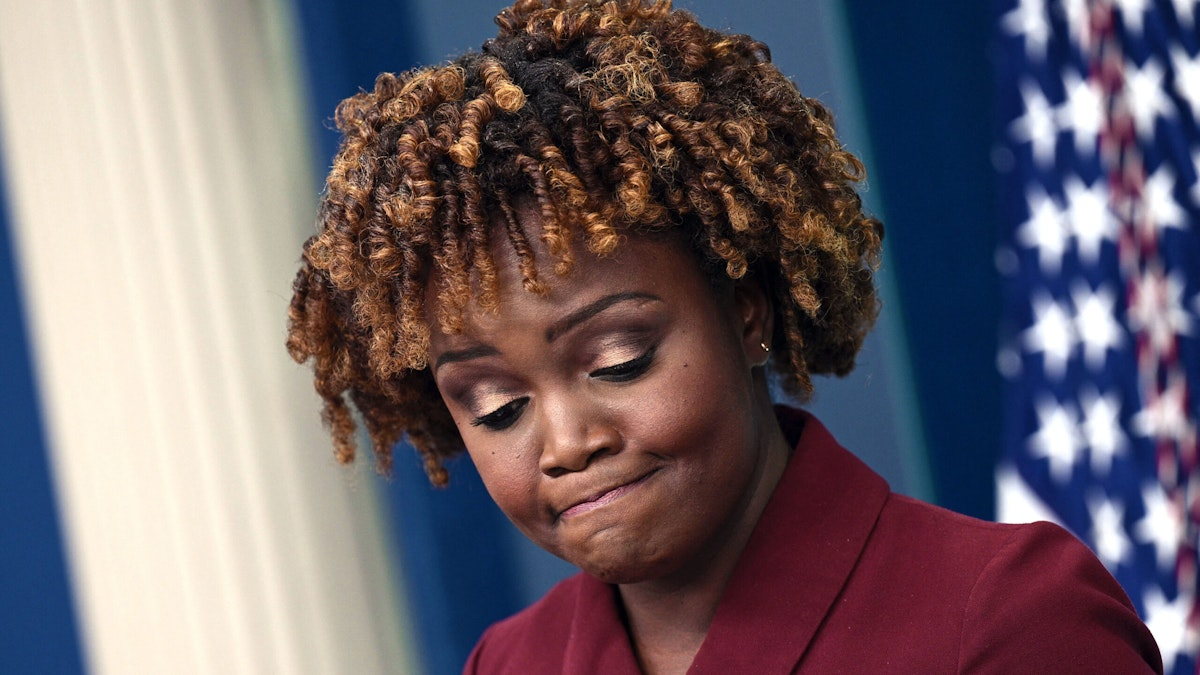Greg Abbott Purges Thousands of Non-citizens, Dead People from Texas Voter Rolls
Texas Governor Greg Abbott has undertaken a significant effort to enhance the integrity of the state’s elections by purging over one million ineligible voters from its voter rolls. The move, announced in August 2024, is part of a broader initiative to ensure that only eligible citizens can participate in Texas elections, reinforcing the state’s commitment to election security.
Massive Cleanup of Voter Rolls
Governor Abbott’s initiative is a direct response to concerns about the accuracy of voter rolls, which have long been a point of contention in the national debate over election integrity. The purge targeted noncitizens, deceased individuals, and other ineligible voters who had been mistakenly left on the rolls. According to a statement from the Governor’s office, the effort resulted in the removal of more than one million ineligible voters, including numerous noncitizens and deceased individuals.
Abbott emphasized the importance of maintaining accurate voter rolls, stating, “The integrity of our elections is paramount, and we must ensure that every vote cast in Texas is legitimate.” He added that the removal of ineligible voters is a critical step in preventing voter fraud and upholding the sanctity of the electoral process.
Legislative Backing and Broader Election Integrity Measures
The voter roll cleanup is part of a larger legislative push in Texas to bolster election integrity. In 2021, Governor Abbott signed Senate Bill 1 into law, a comprehensive election integrity bill that introduced a range of measures aimed at preventing voter fraud. Among the provisions were stricter identification requirements, enhanced penalties for illegal voting, and increased protections for poll watchers.
Governor Abbott’s office highlighted the success of these measures in strengthening the state’s electoral system, stating, “Since the signing of Senate Bill 1, Texas has been at the forefront of ensuring that our elections are secure and that only eligible voters are participating.”
The Governor’s efforts have been met with widespread approval from conservative circles, where concerns about voter fraud and election security have been particularly pronounced. Many view the purge of ineligible voters as a necessary action to protect the integrity of the electoral process.
Opposition and Criticism
While the move has been lauded by those who prioritize election security, it has not been without its critics. Some opposition voices have raised concerns about the potential for eligible voters to be mistakenly removed from the rolls. However, Governor Abbott’s office has assured the public that extensive safeguards were in place to prevent such errors and that the purging process was conducted with precision and accuracy.
Critics have also questioned the timing of the purge, suggesting that it could be politically motivated given the upcoming elections. Nevertheless, Governor Abbott has remained steadfast in his commitment to election integrity, dismissing these criticisms as unfounded and reiterating that the cleanup was necessary to ensure a fair and secure voting process.
A Conservative Stance on Election Integrity
The Governor’s actions align with the broader conservative stance on election integrity, which emphasizes the need for strict measures to prevent voter fraud. This perspective is rooted in the belief that the integrity of the electoral process is under threat from various forms of illegal voting, including noncitizen participation and voting by deceased individuals.
Governor Abbott’s voter roll purge reflects this commitment to upholding the law and ensuring that only eligible citizens are allowed to vote. The conservative approach to election integrity, as demonstrated by Abbott’s actions, is often contrasted with more progressive views that favor expanding voter access, even at the potential risk of compromising voter roll accuracy.
Moving Forward
As Texas prepares for its upcoming elections, the effects of this voter roll purge will likely continue to be a topic of discussion. Supporters argue that the cleanup was necessary to prevent voter fraud and maintain public confidence in the electoral process. At the same time, opponents will likely continue to scrutinize the methods and motivations behind the purge.
Governor Abbott’s actions underscore a broader national debate over how to best balance voter access with the need for secure and accurate elections. As more states look to Texas as a model for election integrity, the conversation around voter rolls and election security will undoubtedly remain at the forefront of political discourse.



